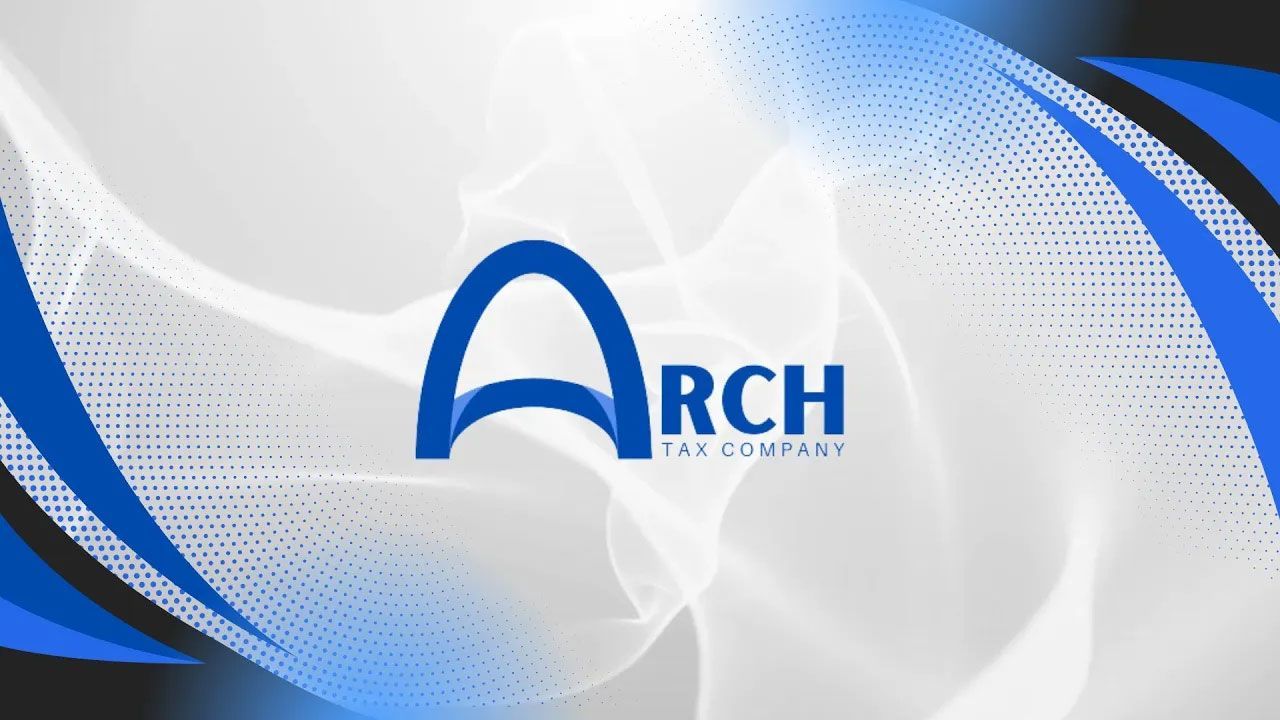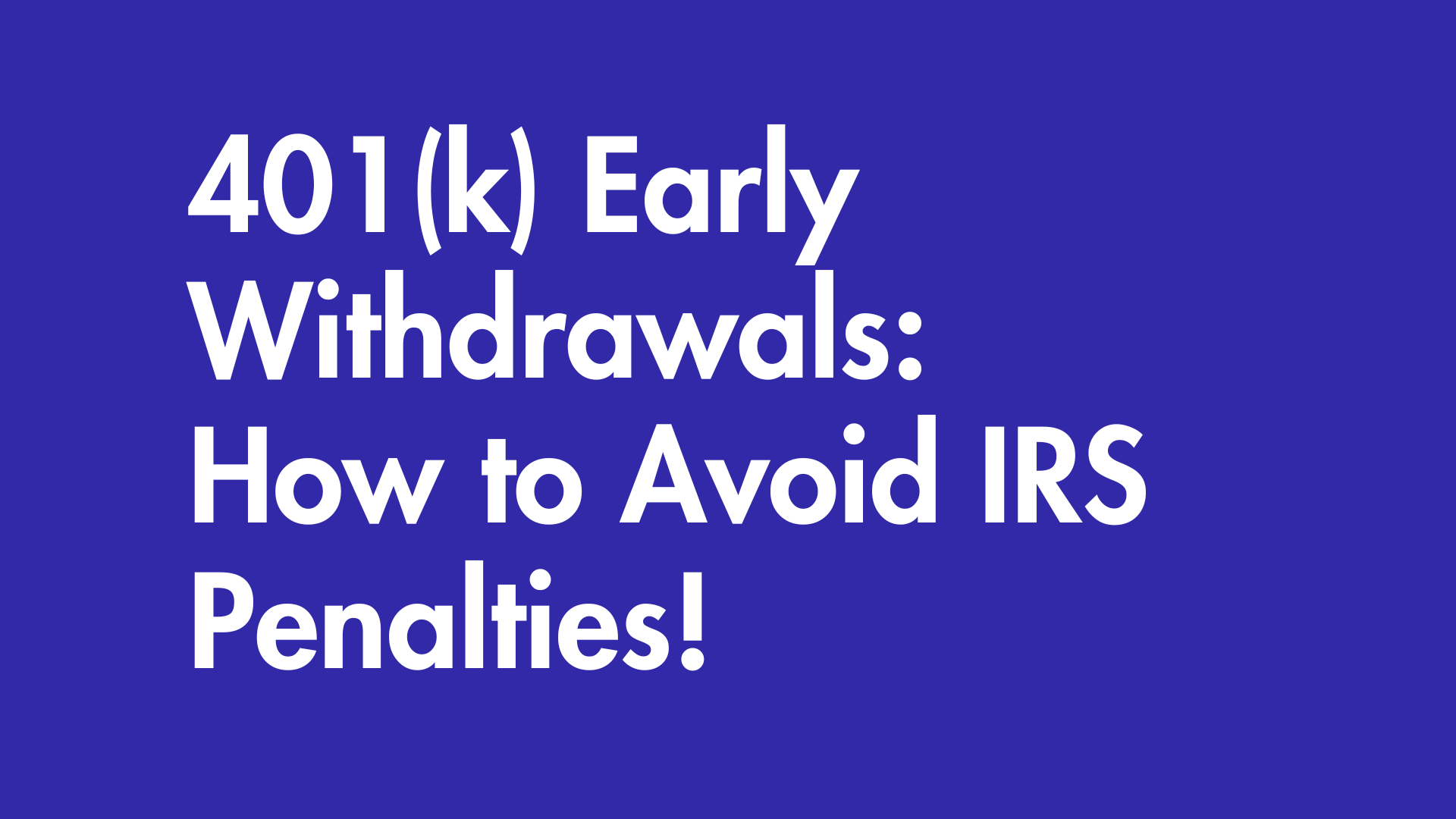Is The IRS Going To Take My Refund?
When can the IRS Can Seize Your Refund?

The IRS can apply your tax refund to certain unpaid debts through the Treasury Offset Program (TOP). This includes:
- Federal income tax debt
- State income tax debt
- Past-due child support
- Defaulted federal student loans
- Unpaid unemployment compensation debt
- Other federal agency debts
If you owe money to any of these agencies, your refund could be reduced or completely taken to satisfy those debts — even without your immediate knowledge.
How You’ll Be Notified
Typically, you’ll receive a letter from the IRS or the U.S. Department of the Treasury explaining why your refund was offset. The most common notices include:
- CP49 – Refund applied to other taxes owed.
- CP88 – Refund held because you haven’t filed a return for a previous year.
Sometimes, the letter arrives after the refund has already been redirected. That’s why it’s important to monitor your IRS account and know where you stand.
What If You Think It’s a Mistake?
If your refund was taken and you believe the offset was incorrect:
- Contact the agency listed in the notice. For example, if the refund was used to pay back child support, contact the state child support agency.
- For IRS debts, you can call the IRS directly or check your account at irs.gov/account to see what's owed.
Can You Prevent Future Refund Offsets?
Yes — but it requires a bit of planning:
- Avoid overpaying throughout the year. Adjust your W-4 to reduce your refund and keep more of your paycheck.
- Set up a payment plan if you owe the IRS — this doesn’t automatically stop an offset, but it may help long-term.
- Request Currently Not Collectible (CNC) status if you're facing financial hardship.
- Submit an Offer in Compromise to settle your debt if you qualify.
The goal is to avoid letting a refund build up if you know you owe — because the IRS will take it.
Take Control Before It Happens Again
If you've already had your refund taken, or you think it might happen this year, now is the time to act. Review your IRS account, understand your outstanding debts, and talk to a professional about resolution options.
Being proactive gives you options. Waiting for a notice in the mail doesn’t.









